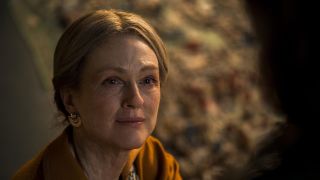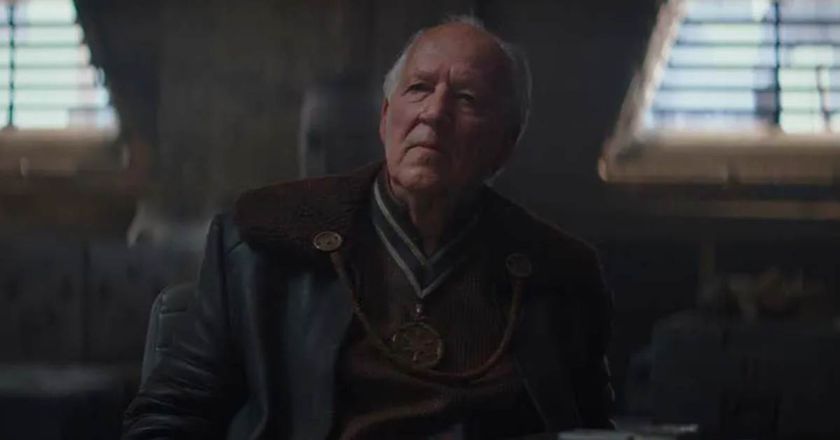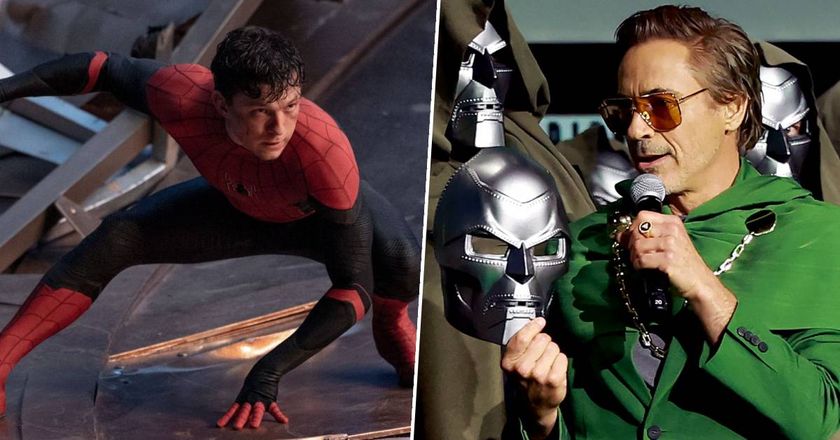Cannes 2017: Amazon's magical realist fable will leave you wonderstruck

Two years ago Todd Haynes enraptured Cannes with exquisite Patricia Highsmith adaptation Carol. While his latest literary adap, Wonderstruck, doesn’t reach the same lofty heights, the magical realist fable of two deaf pre-teens on journeys of discovery around New York more than delivers on the promise of its critic-baiting title.
Largely faithful to the illustrated novel by The Invention of Hugo Cabret author Brian Selznick (who also penned the film’s screenplay), Wonderstruck’s story is told over two parallel time periods, and entirely from the perspective of its two young leads. Ben (Pete’s Dragon star Oakes Fegley) is a shaggy-haired 12-year-old from Gunflint, Massachusetts in 1977. With his father absent and his mother (Michelle Williams, whose warm but brief appearance trumps even Manchester by the Sea for fleeting) recently killed in an automobile accident, Ben is left in the care of his auntie. One night a freak lightning storm leaves Ben deaf, inspiring him to pursue the only clue in his possession to the identity of his father – a bookmark embedded in the pages of a peculiar tome called Wonderstruck, a quest that draws him to the Natural History Museum...
All the while Haynes cuts back and forth to 1927. First Hoboken, New Jersey, where the similarly hearing impaired Rose (Millicent Simmonds, a deaf actress making her debut here) spends her days watching the movies of silent cinema star Lillian Mayhew (Julianne Moore) rather than studying, much to the consternation of her austere father. Dreaming of a rendezvous with Mayhew, she too takes a solo journey to New York, and finds herself similarly drawn to the Natural History Museum.
An early line of narration tells us “the curator’s job is an important one” and there’s a sense watching Wonderstruck that Haynes sees himself as a cinematic curator of sorts, his film stylistically aping both the silent cinema of the ’20s and the superfly films of the ’70s. The 1927 sequences are the most visually striking, shot in vibrant black and white and without digetic sound to mirror both the pre-talky cinema of the period and immerse us in the silent world of its lead character, Rose. This leaves much of the heavy lifting on the capably broad shoulders of Carter Burwell’s sublime score, which punctuates the action on screen in the ’20s, while David Bowie and the glam-rock of the era typify the soundscape of Ben’s ’70s. Both sequences are unapologetic in their use of familiar iconography, the ’70s all makeshift fire hydrant fountains on sweltering street corners, flares, and ’fros. It’s exquisitely crafted on every level, making this Amazon Studios production as cinematic as anything you’ll ever see at Cannes, despite the smattering of boos that greeted the online streamer’s logo at the film’s debut screening.

Despite the presence of some familiar names on the cast list (namely Michelle Williams and Julianne Moore, who plays another key role in subtle prosthetics) Wonderstruck belongs to its young cast, the wonderfully expressive Millicent Simmonds dazzling in her debut performance, while Fegley exhibits both vulnerability and steely determination as Ben. They’re such likeable and empathetic presences at the heart of the film they captivate almost effortlessly. Top marks for representation too, Haynes making clear the difference between Rose’s more confident navigation of the world compared to the newly-deaf Ben, who frequently falls afoul without his hearing, relying on a notebook to converse.
With the film constantly cutting between Ben and Rose, past and ‘present’ bleed into each other and echo in a way that implies some intangible cosmic connection. They both visit the same meteorite exhibit at the Natural History Museum, for example, and are both enchanted by the ‘Cabinet of Wonders’ – a collection documented in Ben’s Wonderstruck book. This cutting and mirroring of events between time periods is a tried and tested structure, and though the frequency of meaningful coincidences can feel contrived at times, it’s a device that has a whopping emotional payoff, leaving few dry eyes come the heart-wrenching, fantastical climax.
Occasionally the balance is off, Haynes cutting back and forth too rapidly between time periods. And though there’s clear dramatic purpose for the pair to repeat the actions of the other, it does leave certain moments feeling repetetive to the point of redundancy. But there’s a lack of cynicism and an inncocence to Haynes’ work here, so often a filmmaker of pristine sophistication, that will leave you, well, wonderstruck.
Sign up for the Total Film Newsletter
Bringing all the latest movie news, features, and reviews to your inbox

I'm the Deputy Editor at Total Film magazine, overseeing the features section of every issue where you can read exclusive, in-depth interviews and see first-look images from the biggest films. I was previously the News Editor at sci-fi, fantasy and horror movie bible SFX. You'll find my name on news, reviews, and features covering every type of movie, from the latest French arthouse release to the biggest Hollywood blockbuster. My work has also featured in Official PlayStation Magazine and Edge.
Most Popular





